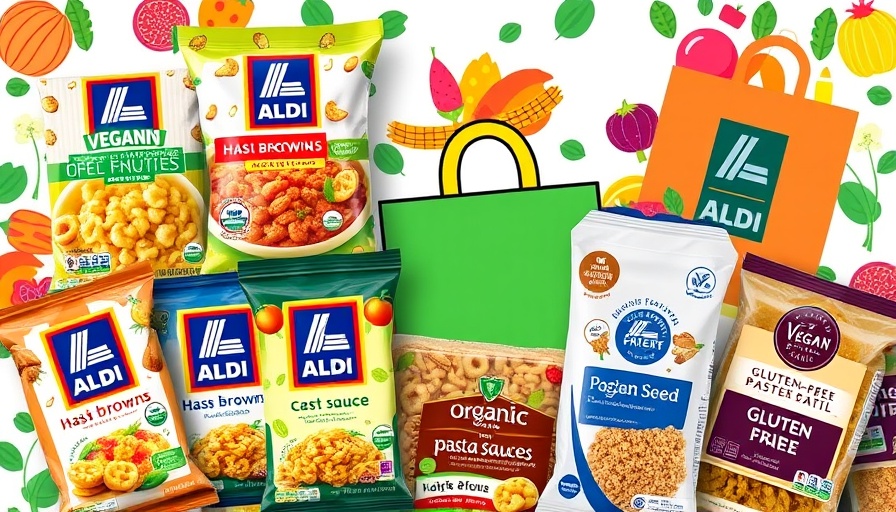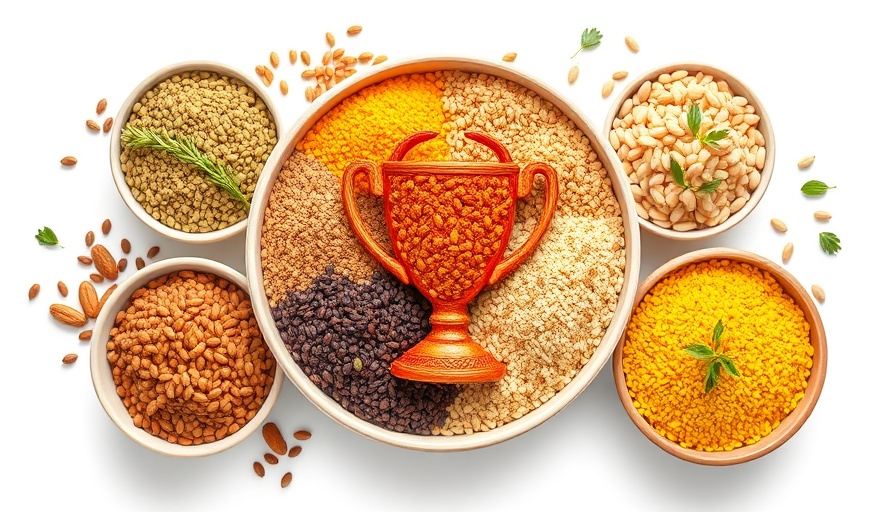
Unlocking the Secrets of Affordable Vegan Shopping at Aldi
For anyone exploring plant-based diets or simply aiming for a healthier lifestyle, finding accessible and budget-friendly options can be a game-changer. Aldi has carved a niche for itself as a go-to destination for those looking to prioritize nutritious ingredients without straining their wallets. Whether you are a seasoned vegan or a curious newcomer, understanding the offerings at Aldi can transform your grocery trips into delightful experiences filled with fresh produce, pantry staples, and unique finds.
The Joy of Simplicity in Vegan Staples
Aldi’s easy-to-navigate layout and wallet-friendly pricing make it ideal for stocking up on vital ingredients. As someone who has shopped at Aldi for years, I acknowledge the excitement of discovering clean, oil-free, and organic products. Each visit becomes an opportunity for exploration - will today’s trip unveil a new favorite item? That anticipation is fueled by Aldi’s diverse array of bottled items, canned goods, and fresh produce that support a wholesome lifestyle. These offerings allow you to sustain your health goals without spending a fortune.
Key Pantry Staples: Bottled and Canned Goodies
One of the first areas to explore when shopping at Aldi is the bottled items section. Organic versions of condiments like ketchup and mustard can be found at a price that won’t break the bank, along with a variety of vinegars that add depth to your meals.
Here’s a quick roundup of the best bottled staples you might want to snag on your next grocery trip:
- Organic maple syrup — both delicious and competitively priced
- Cider, balsamic, and red wine vinegar for versatile dressings
- Soy sauce, both regular and low-sodium, perfect for enhancing flavors
The canned goods section at Aldi is a treasure trove for essential ingredients. With affordable options for beans, tomatoes, and more, loading up your pantry has never been easier. Common staples I reach for include:
- Black beans and chickpeas offer a robust source of protein
- Diced and fire-roasted tomatoes create the base for hearty stews
- Oil-free refried beans make for quick and satisfying meals
Fresh Produce: A Rainbow of Health
Fruit and vegetables are the core of any plant-based diet, and Aldi doesn’t disappoint. Fresh veggies and fruits abound, and you'll be surprised by the variety available in-store. Seasonal produce not only enhances dishes but can also inspire creativity in your cooking. Keeping your fridge stocked with vibrant veggies ensures that you'll always have something on hand for quick meals, snacks, or smoothies.
Considering the financial aspect, choosing local or seasonal fruits can bring both quality and cost efficiency, making it easier to eat healthily without overspending. Aldi excels at offering prices that rival even farmer’s markets, simplifying the process of eating well on a budget.
Your Guide to Navigating Vegan Options at Aldi
Diving into the world of vegan shopping at Aldi might feel overwhelming, but with a little organization, it can become an exciting adventure. Start by making a list of staples you often consume, then head to Aldi ready to explore! Discover hidden gems and happy surprises that may not only become new favorites but also help you in saving costs while eating healthily. Engaging with the community—whether online or in your local area—can also prompt recommendations for new products to try.
In summary, Aldi stands out as a fantastic option for vegan shoppers aiming to maintain a wholesome diet without financial strain. Embrace the simplicity it offers, from pantry staples to fresh produce, and enjoy the journey of nourishing yourself with affordable, delicious food.
If you’re ready to elevate your grocery shopping experience and discover the wealth of vegan products available at Aldi, grab your shopping list and head to the store. Who knows what delightful new favorite you might find!
 Add Row
Add Row  Add
Add 




Write A Comment